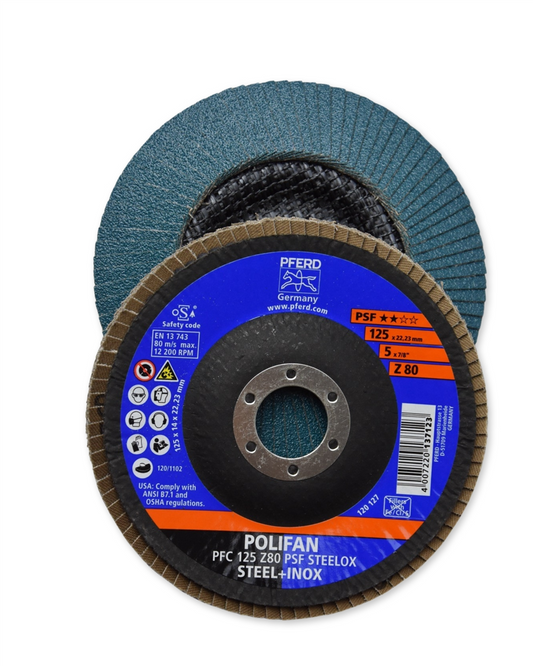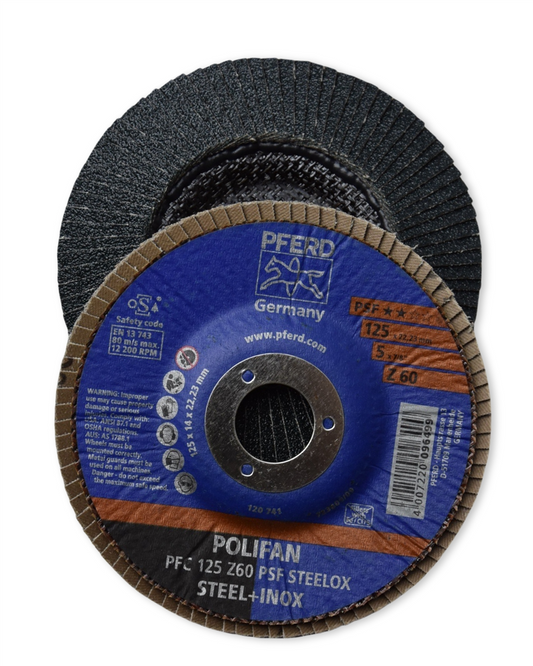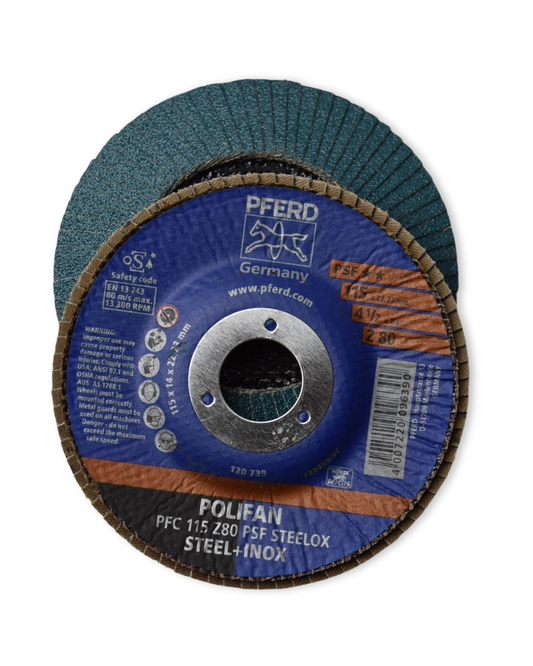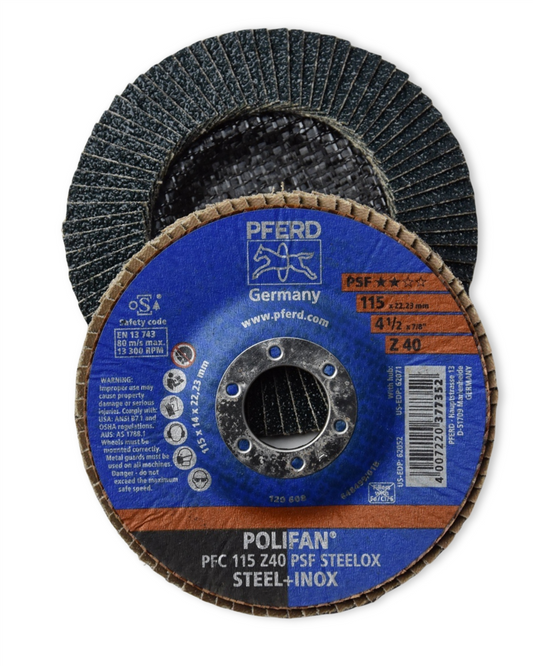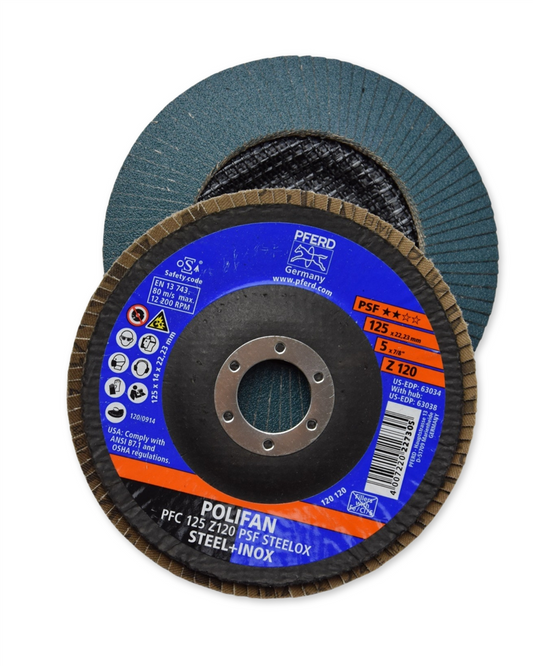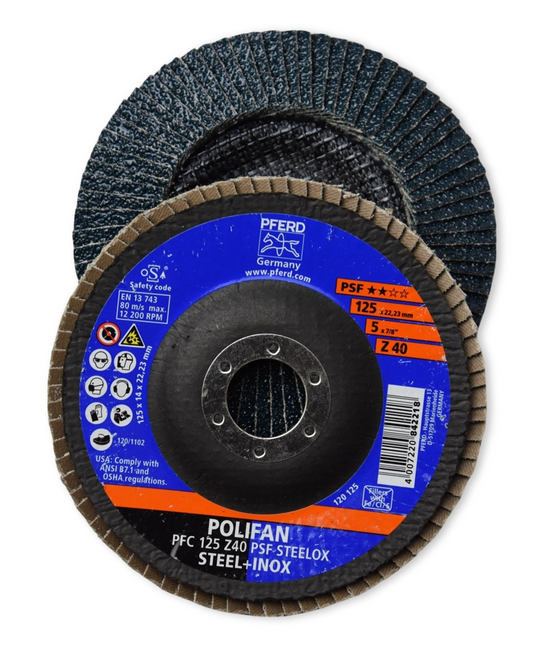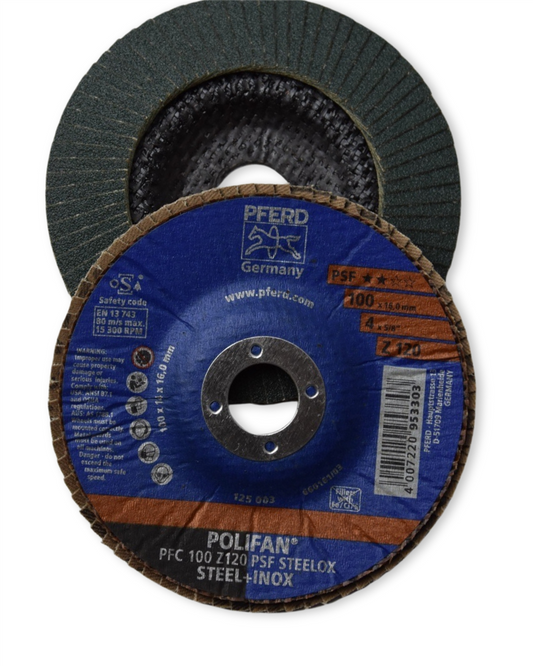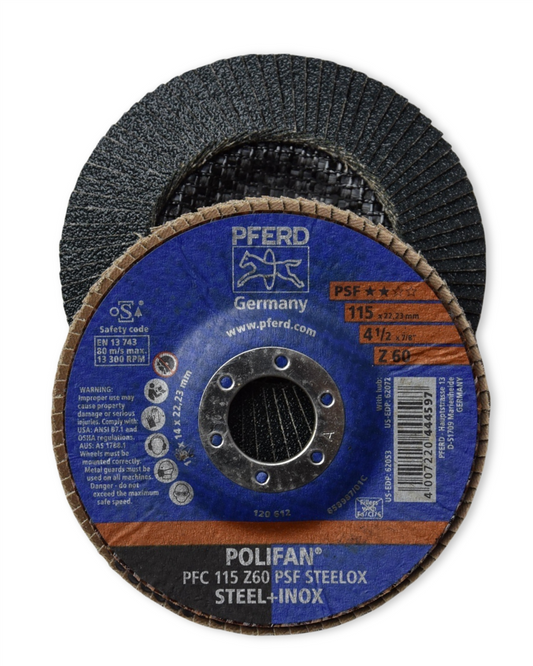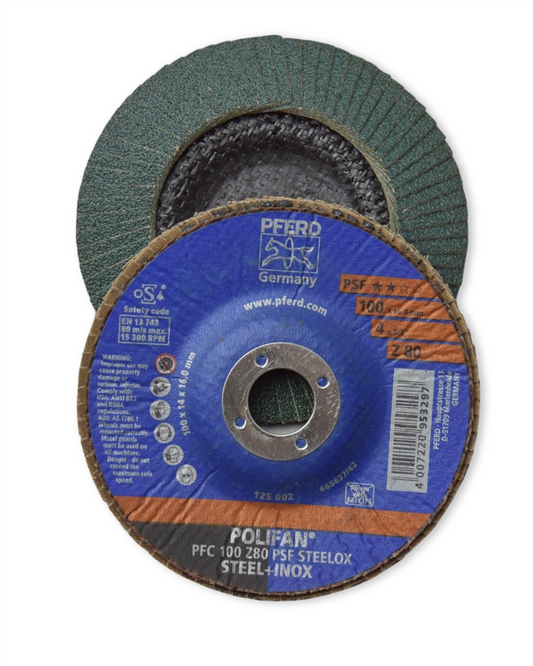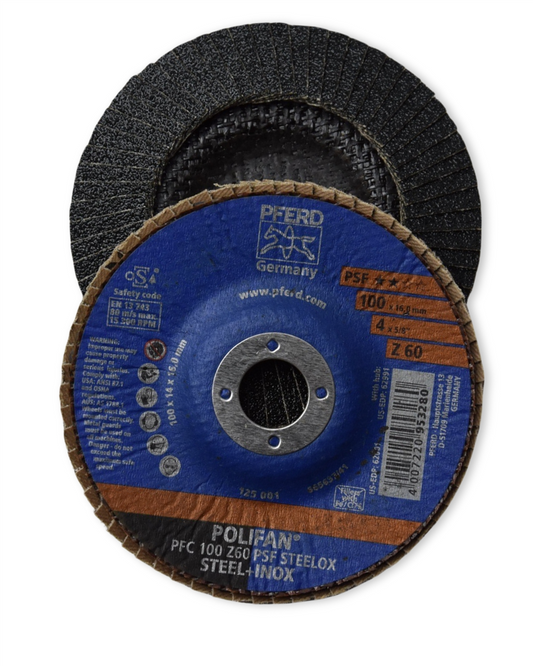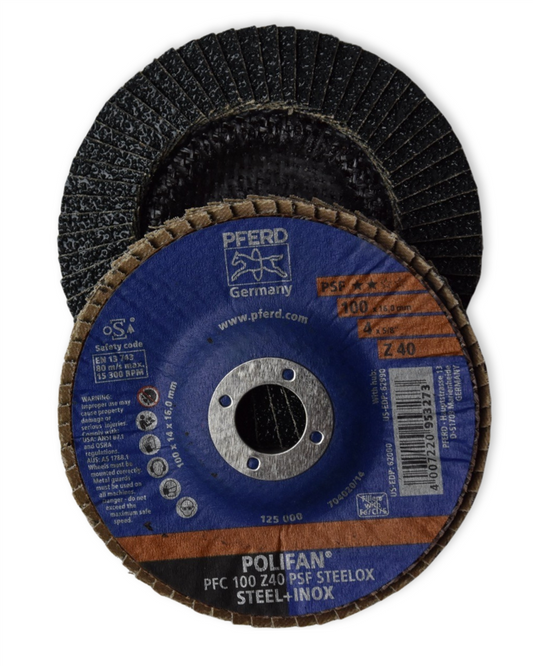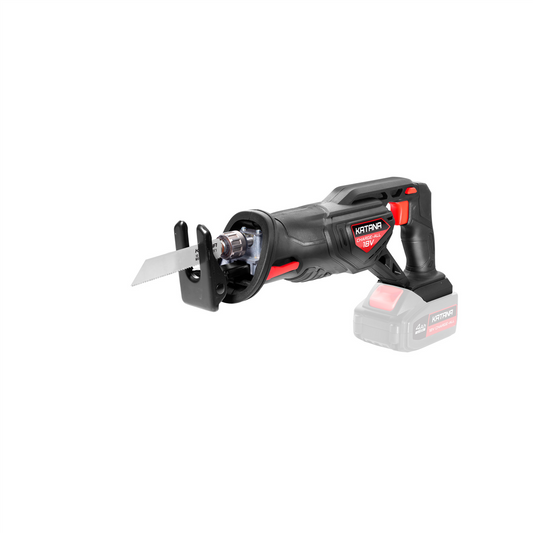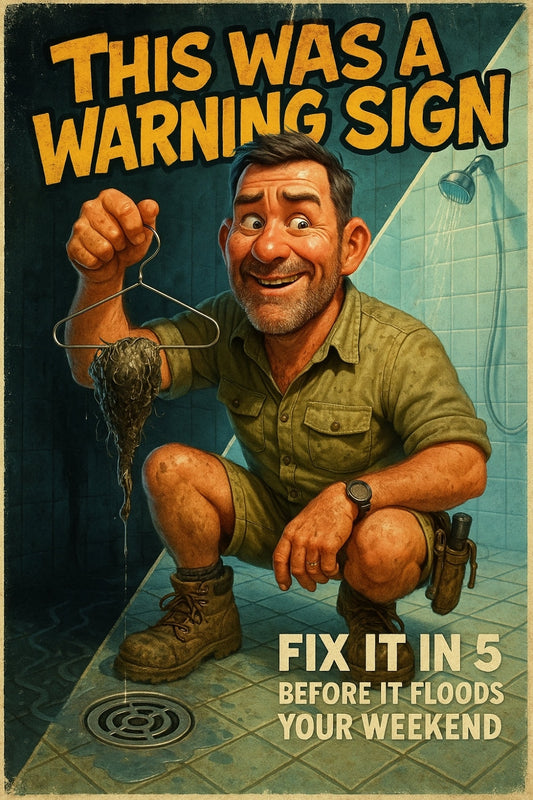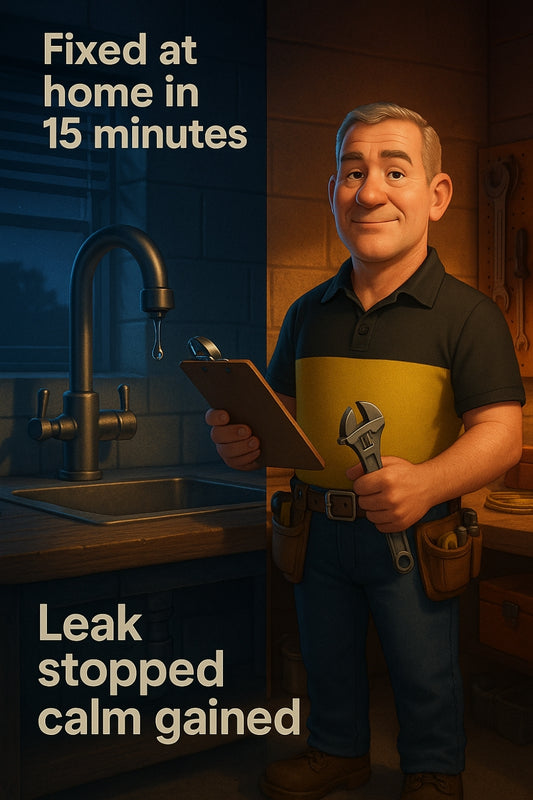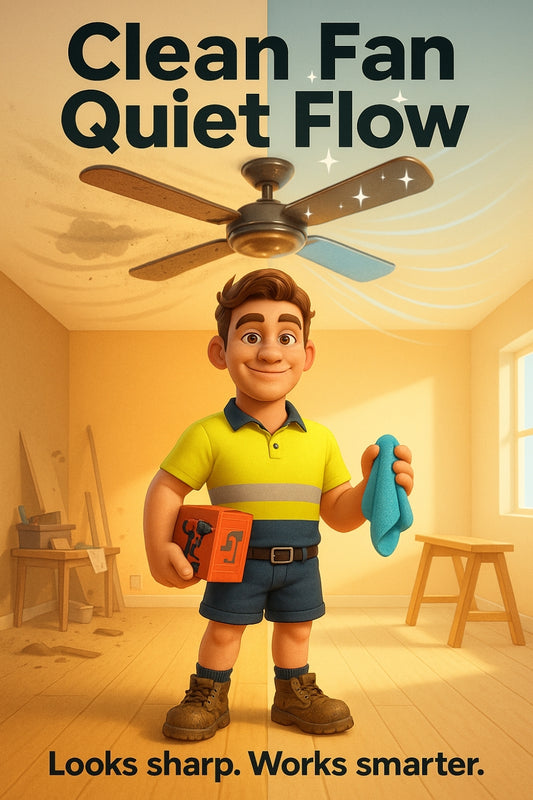The tiny fastener fix you’re probably skipping — and why it's wrecking your DIY projects.
Share
Small but Mighty: Why Washers Are the Unsung Heroes of Home DIY Fastening
Most of us have a drawer full of leftover screws, bolts, and the odd washer — that flat little ring that always seems like an afterthought. But truth be told, washers aren’t just “extras.” They’re the quiet achievers that make all the difference when it comes to keeping things tight, safe, and standing over time.
“If your screw’s the actor, the washer is the understudy who saves the show when needed.” — Candeece H.
What Is a Washer (and Why Should You Care)?
A washer is a small, flat disc — usually made of metal or rubber — with a hole in the middle. It sits between a fastener like a screw or bolt and the surface you’re securing. Simple, right? But what it does is magic in miniature.
Let’s say you’re putting up a bracket in a weather-prone area, or you’re fixing a loose fence hinge. Skip the washer? Within weeks, that fastener might chew into the timber or start pulling free. Pop a washer on instead? You get better grip, less wear, and steadier results.
Three Key Things Washers Do Best
- Spread the load: Ever tried pushing a tack through a napkin? Now try doing the same with a fifty-cent coin under it. That’s what a washer does — it spreads out the pressure so the material doesn’t tear or sink.
- Stop the spin: Some washers (like spring or lock washers) grip the surface or themselves, helping fasteners stay tight — especially handy in vibrating or outdoor setups.
- Prevent damage: On painted surfaces, wood, or metal, washers stop gouging, denting, or scraping when tools tighten down.
Yes, There Are Different Kinds — and They're Not All Interchangeable
Let’s break it down. You don’t need to be a tradie to tell them apart once you know what to look for.
Flat Washers
Your everyday, all-round helper. Flat washers spread a fastener’s pressure evenly and stop damage to surfaces. Perfect with timber, plasterboard, or sheet metal.
Spring (Split) Washers
These look like they’ve been cut and twisted slightly. That’s no accident — it creates tension. Ideal for parts prone to loosening, like mower handles or outdoor furniture.
Lock Washers
These come in different styles (star-shaped, serrated, etc.) and are used to grip the surface or fastener. Keeps things from rattling loose over time.
Rubber or Sealing Washers
Usually found in plumbing tasks or anywhere there’s moisture. They create a watertight seal and cushion delicate fixtures against cracking or slipping.
Real Life Fix-Ups: When a Washer Makes All the Difference
One local bloke replaced his shed’s hinge bolts for the third time in two years — always rusted loose, no matter how tight he cranked them. Turned out he wasn’t using galvanised washers, so the force was localised and the bolts wiggled free. Once fitted with proper washers, that hinge is still standing proud and snug 18 months later.
Or there’s the garden gate that squeaked like a cranky cockatoo. The screw was biting into soft timber without any buffer. Solution? A simple flat washer. Stopped the twist, balanced the force, and gave the gate a bit of breathing room.
So, Do You Always Need a Washer?
Not every job calls for one — but anytime a project involves softer materials (like pine, plaster, or plastic) or movement (wind, vibration, or water), chances are good a washer will help things last longer and look neater.
Ask yourself:
- Is this fastening into soft or painted material?
- Will this joint be under stress, weight, or weather?
- Will I need to take this apart one day without wrecking the surface?
If the answer’s ‘yes’ to any of these, pack a washer or two on your next trip to the hardware store. It’s a tiny addition with a mighty payoff.
Simple Tips to Use Washers Like a Pro
- Make sure the washer fits the fastener snugly — not floppy, not forced.
- Match the washer material to the surface and job (e.g., rubber for damp, galvanised for outdoors).
- Place them between the nut or screw head and the surface — tightening down gently so they don’t bend or crack.
And don’t be shy about asking us in-store if you’re not sure — it’s what we’re here for. Whether you’re replacing a cupboard handle or assembling a raised garden bed, we’ll help you pick the right parts, explain the why behind them, and send you off with confidence.
One Last Thought
A good fastening job isn’t about brute force. It’s about knowing what to use, where, and why — and washers are a perfect example of that down-to-earth wisdom. So next time you’re screwing into a wall or bolting down a new latch, remember the little sidekick that holds the whole gig together.
Take care until next time,
Candeece

Stay Connected
Follow our Facebook Page: Strathalbyn H Hardware on Facebook

